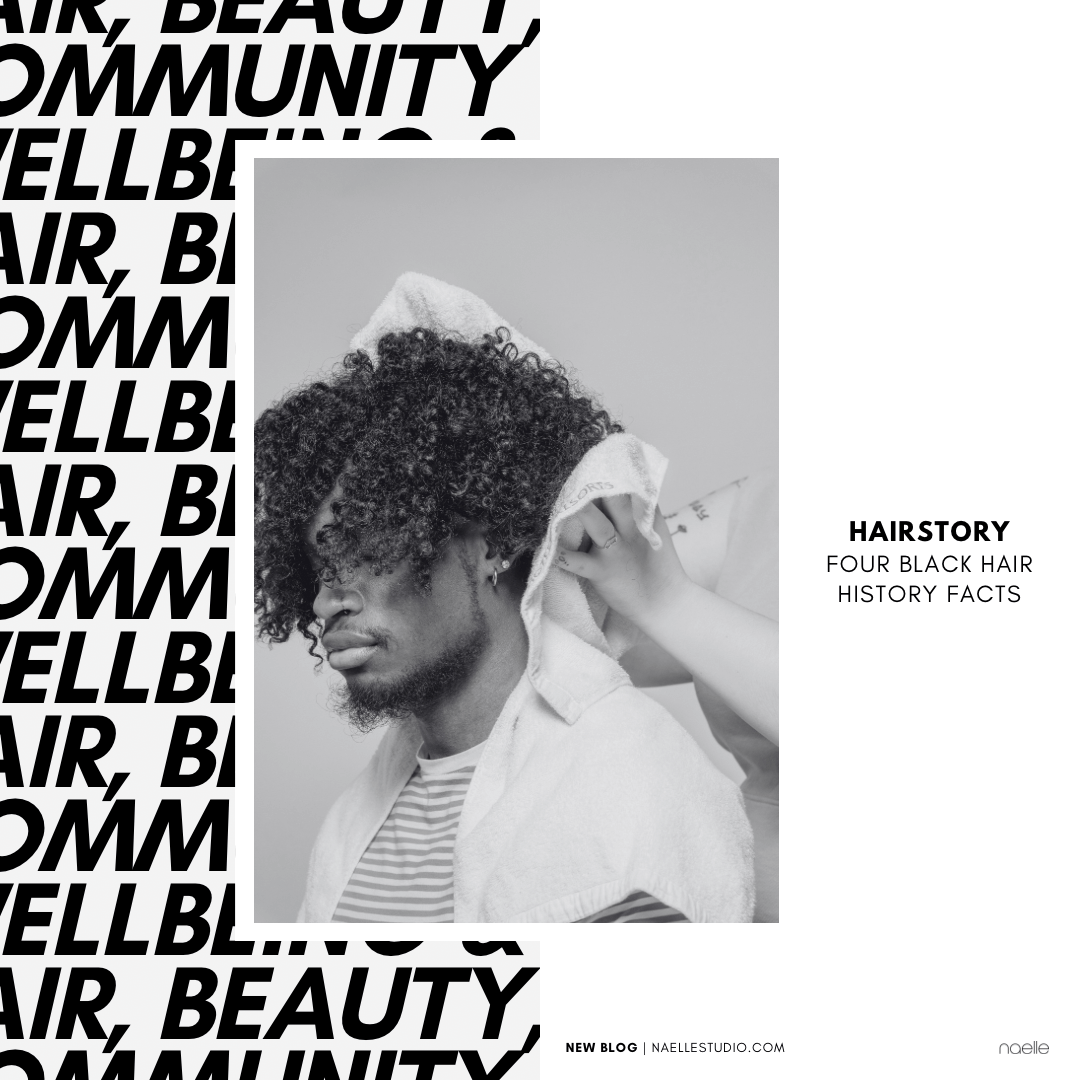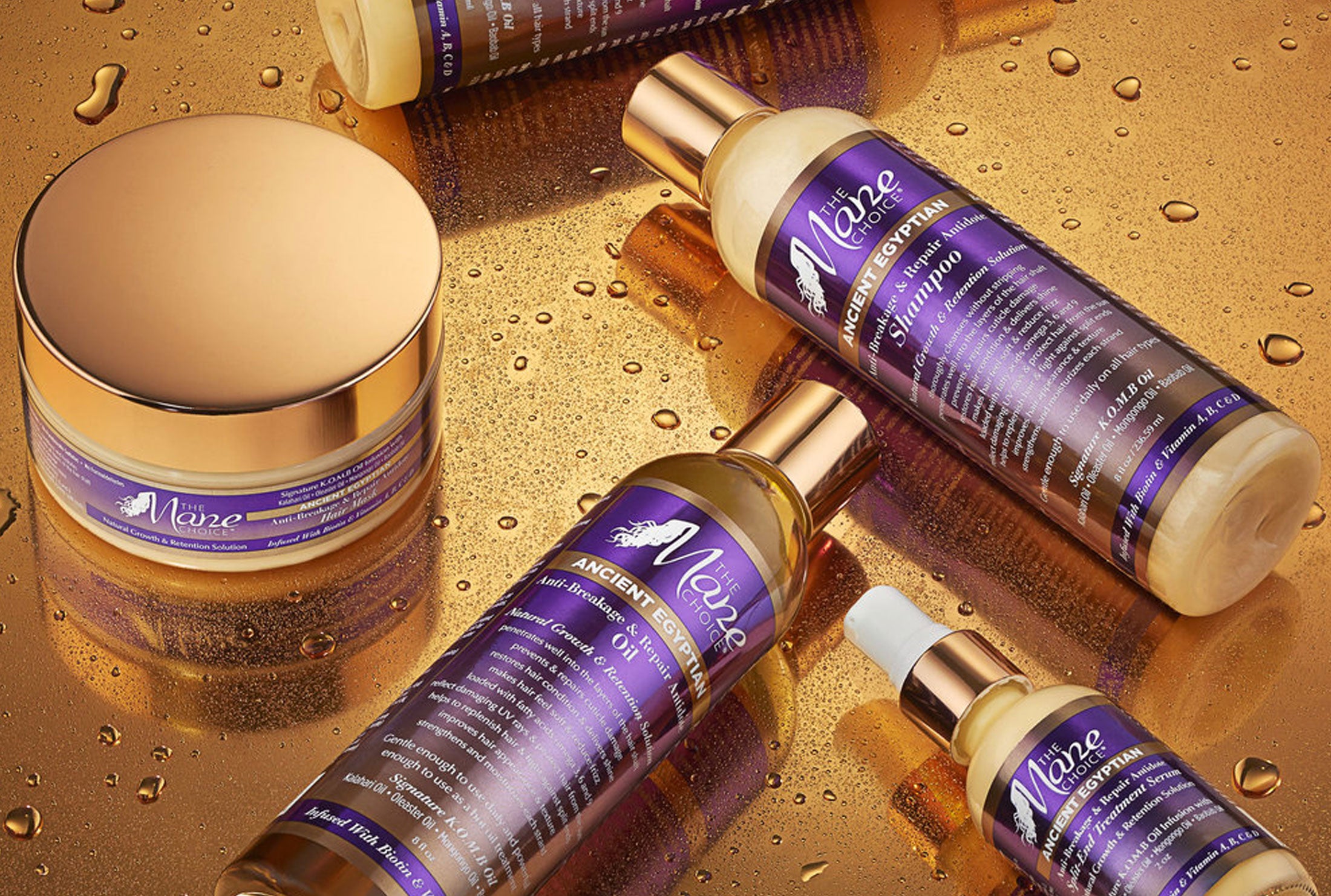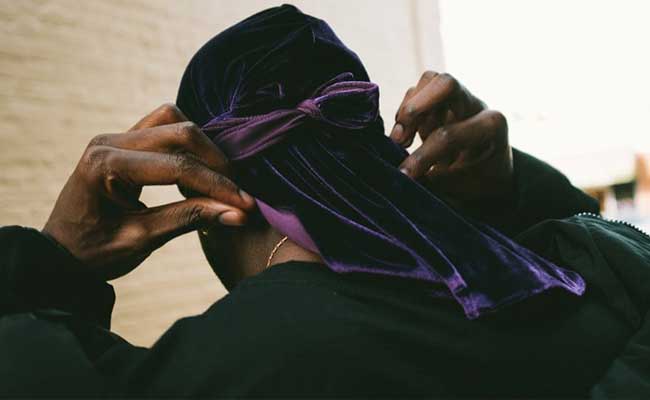
Black Hair History Facts
The history of black hair symbolizes our story of survival strength and innovation. As the subject of black hair is still a constant hot topic, and undeniably influential, at Naelle Studio we felt it was only right to look at four historical facts behind the symbolism, aesthetic and deep rooted culture of black hair.
1.Texturism played a crucial part in the survival of enslaved black people:
With the warped belief that certain hair textures and patterns were superior to others during the slavery era, this would play a huge role in the determination of someone’s value, living/working conditions, overall impacting lifestyle, health and any chances freedom.
Standards were set based on a Eurocentric bias. Darker skinned and or more coily/kinky haired slaves (‘bad hair’) were seen as inferior to those with lighter skin or with European features, with straighter hair; often termed as ‘good hair’. We see the ramifications and destructive thought process still at large today.
Did you know that braids were also used as a very clever means of escape for many that were enslaved. Drawing or attempting to write directions was a no go, and so the use of carving maps and routes into the hair via braids and cornrows played a part on their escape to freedom, with often small seeds hidden within them to sustain them on their journey.

Source: Yahoo News - https://news.yahoo.com/despite-natural-hair-movement-texurism-140000836.html
2. Hair was a scared cultural and spiritual symbol in ancient Africa
In many ancient African communities, your hairstyle depicted a vivid picture of who you were including your marital status, your region, religion and social status.
Hair styling was often a social ritual, with it taking hours, sometimes days to create these intricate styles; a great bonding tool with family and friends.
To this day hair is often spoken of being your ‘crown’ and holding spiritual, divine power. With ancient braiding sometimes used to send messages to the Gods.

source: unknown
3. Black women forced to cover their hair in public in the 18th century
According to the Tignon Law passed in 1786 by Louisiana Governor, Black women were forced to cover their hair and wear head scarves when out in public to signify that they were from the ‘slave class’, even though at this time they were technically free.
Although they did follow the law, in the spirit of rebellion; Black women again used their art and creativity to turn what was a symbol of oppression into empowering fashion statement pieces.

Source: Free Women of Color with their Children and Servants, oil painting by Agostino Brunias, Dominica, c. 1764 -1796. (Agostino Brunias/Wikimedia Commons)
4. Institutional bias lives on with regards to black hair
New research suggests Black women with natural hairstyles, such as curly afros, braids or twists, are often perceived as less professional than Black women with straightened hair, particularly in industries where norms dictate a more conservative appearance.
The findings published in the Journal social Psychological and Personality science, detailed that Black women with natural hair were deemed less professional, less competent and less likely to be recommended for job interviews; in comparison to those with straight hair which is assumed to be seen as more professional and respectable.
The fact that afro’s and dreadlocks are still seen as faux pas and marked as unprofessional in many schools and work environments, highlights how much work still needs to be done with respect to changing the generational warped mentality of black hair.
In the US ‘The Crown Act’ prohibits discrimination based on hair style and texture, which has been a catalyst for the creation of the Halo code here in the UK.

With all of the noise and bias around black hair with the media, institutionally and sometimes within our own culture it is important to remember, the rich and empowering history of black hair and how powerful it is.







Leave a comment
This site is protected by hCaptcha and the hCaptcha Privacy Policy and Terms of Service apply.